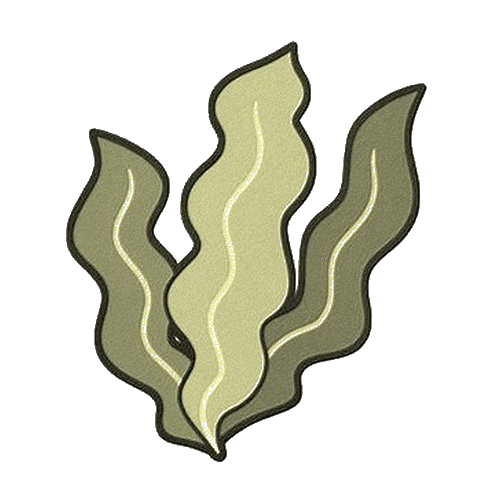About Us
Our vision
We have a vision to investigate and support the potential restoration of the coastline from Hastings to Fairlight, aiming to establish one of the most comprehensive kelp recovery research projects in the UK.
Setting a precedent in marine conservation, we aim to investigate how the coastline could be restored and to spearhead a community-driven initiative that highlights Hastings and East Sussex as a proactive hub for environmental research and kelp recovery.
Through partnerships with Hastings Aquarium, Brighton University, local scientists, authorities, businesses, marine organizations, and PhD students, we aim not only to explore the restoration of marine ecosystems but also to establish a research hub for marine studies. Currently tranquil and largely untouched, this coastline offers an opportunity to study how kelp and associated ecosystems could develop along cliffs and shingle beaches.
The project seeks to support the local economy by investigating ways to enhance fisheries, ecotourism, and water sports tourism while contributing to carbon sequestration research. These efforts have the potential to benefit fishers, tourism businesses, conservationists, and coastal communities, while educational programs and school visits aim to inspire the next generation and foster environmental stewardship and sustainable marine resource management.
Ultimately, we are building a scalable blueprint for ecological restoration across the UK, empowering communities to study the regeneration of local ecosystems—whether through kelp, seagrass, or chalk reefs. By creating practical, replicable approaches, we aim to support a nationwide restoration network with measurable environmental and economic insights.
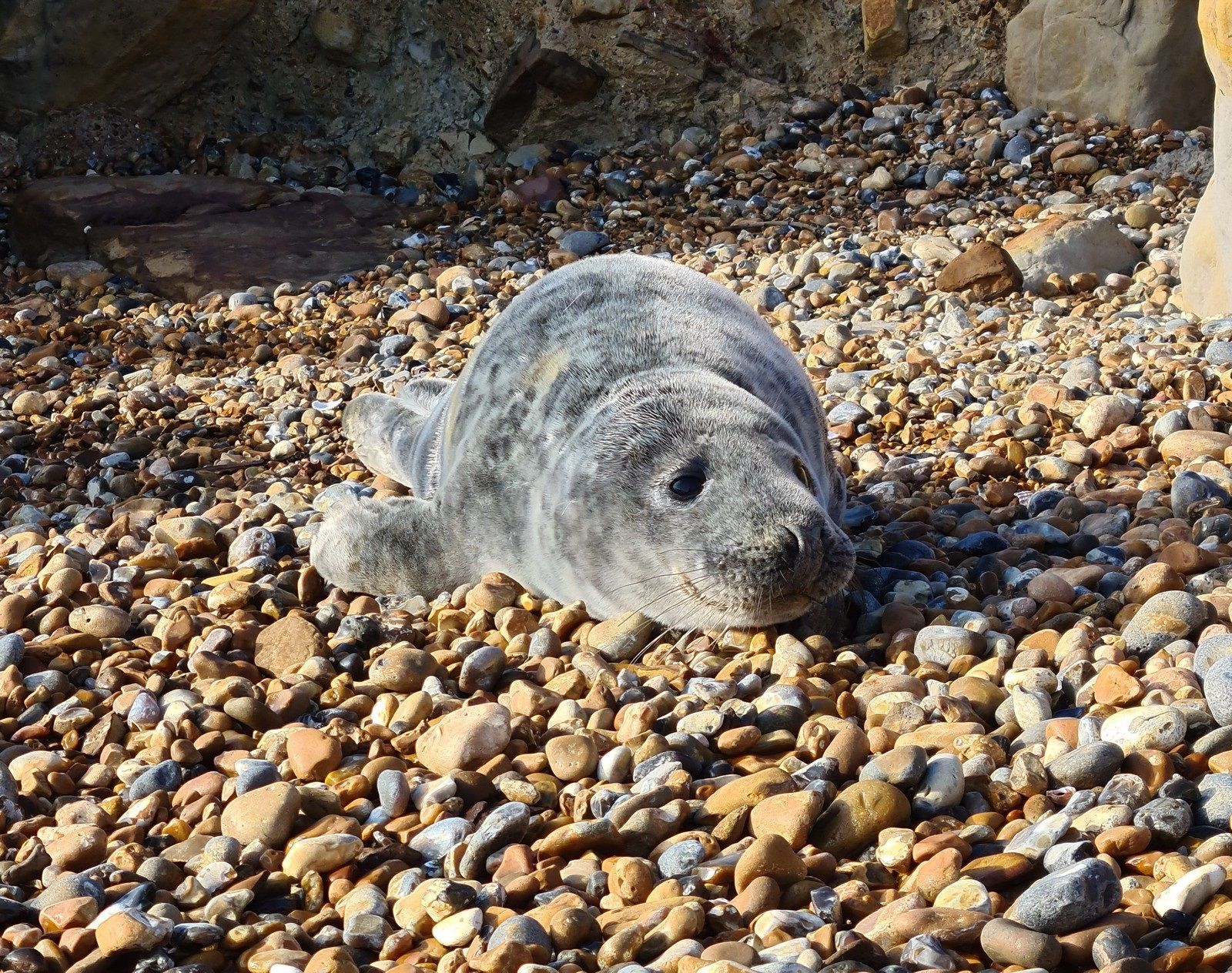
Who are we?
We are a collective of like-minded individuals, including scientists, environmentalists, and climate advocates, united by a shared dedication to the oceans, the planet, and its wildlife. We are fortunate to work alongside exceptional partners from across the scientific and marine conservation communities, as well as with engaged local leaders and community members. Their guidance, expertise, and collaboration strengthen our efforts, allowing us to work as a cohesive team investigating ways to support positive outcomes for both marine and terrestrial ecosystems.
Our plan
To begin, we will explore kelp cultivation in a controlled laboratory environment at Hastings Aquarium. Every aspect of this work will be carefully monitored to understand optimal growth conditions. Once the kelp is established in the lab, we aim to investigate its potential introduction to the coastal area, studying how it might interact with the natural environment and inform the development of a resilient underwater ecosystem. Our initial plan spans three years, after which ongoing research and monitoring will continue to gather insights from the natural progression of the ecosystem.
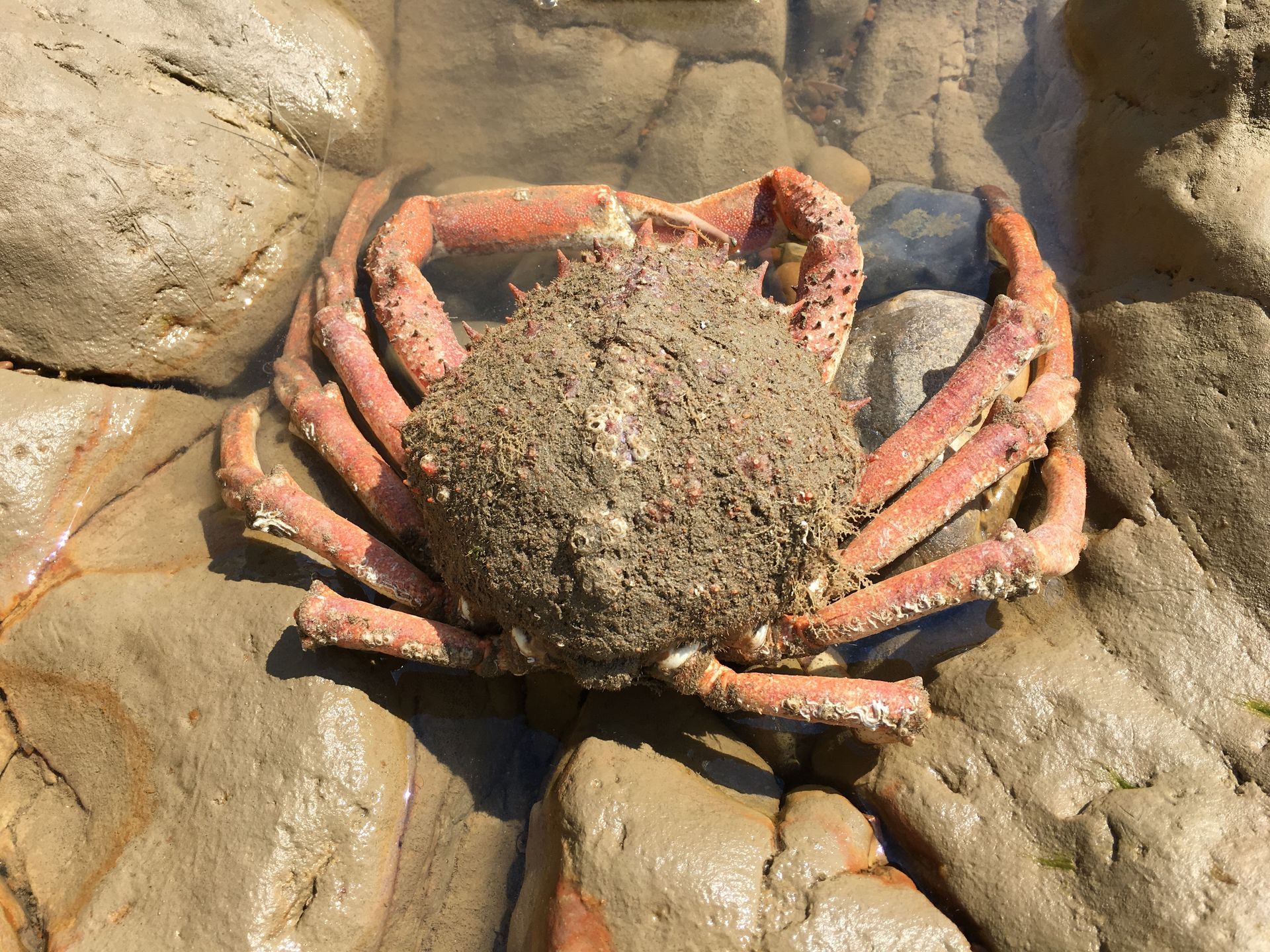
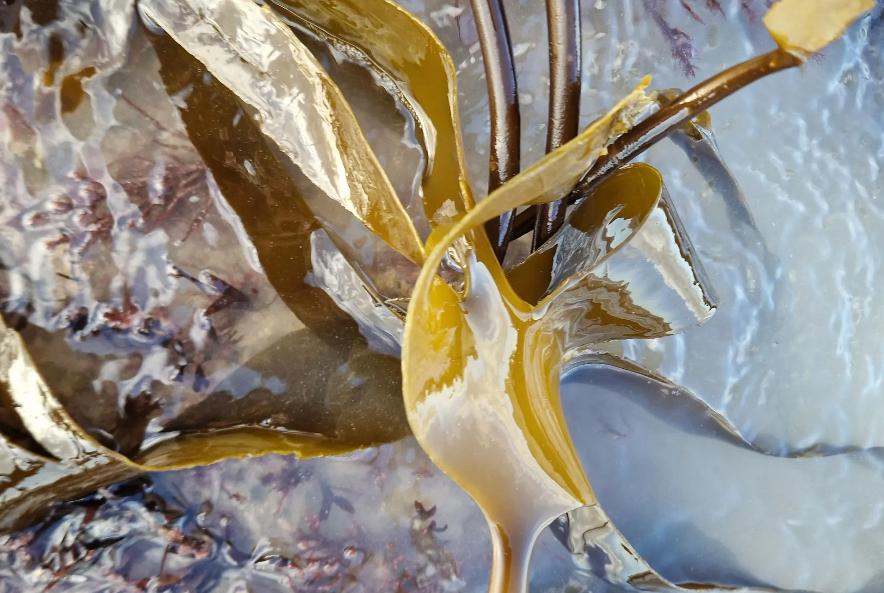
Kelp
Kelp is a large brown algae from the order Laminariales that forms underwater forests important to marine ecosystems. These habitats can provide potential food, shelter, and breeding grounds for species including seals, lobsters, and many others. Kelp also has the potential to contribute to climate change mitigation, capturing and storing carbon dioxide, which, if sequestered in ocean sediments, may help reduce atmospheric CO₂ and support a healthier planet.
Science
We will explore the project through ecological surveys, data collection, and community input. Baseline surveys will record marine life, water quality, and kelp coverage to provide a reference for future comparison. Follow-up studies will monitor kelp health, biodiversity, and species presence, helping us understand potential trends. Water quality and carbon sequestration will also be tracked to investigate the project’s possible contribution to climate mitigation.
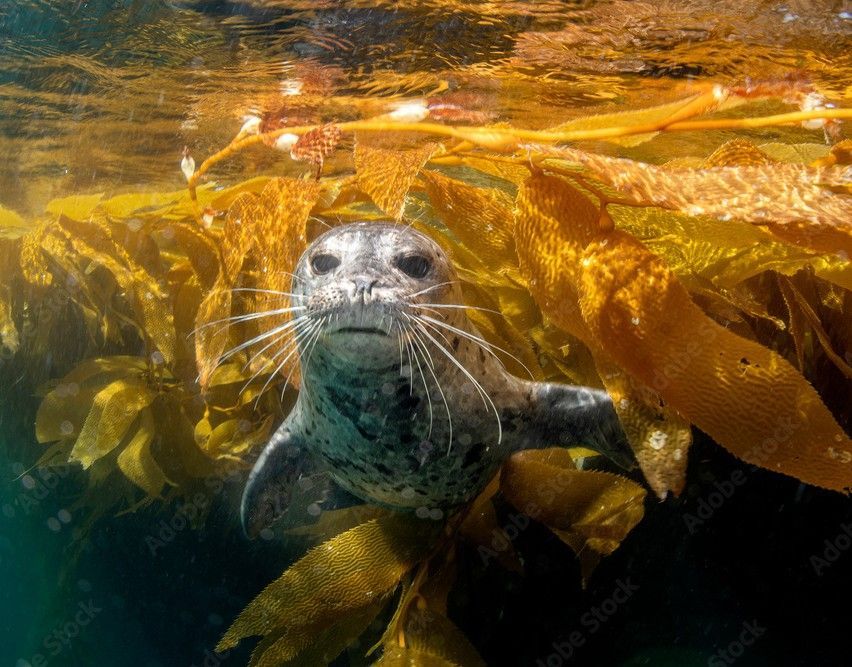
The future
Kelp rewilding has the potential to bring environmental, economic, and social benefits. Restored kelp forests could provide habitats for diverse marine life, supporting biodiversity. Their ability to capture carbon may contribute to climate change mitigation while potentially improving water quality. Kelp forests could also reduce wave energy, helping to protect coastlines from erosion and storm impacts. Additionally, kelp rewilding may support research in marine science and climate studies, fostering a sustainable future where nature and communities can benefit together.
Community
Climate change affects everyone, and our project is designed to be inclusive in its potential benefits. By exploring kelp restoration, we aim to contribute to a healthier climate for all and welcome participation from people of all backgrounds. We offer opportunities for schools, businesses, and community members to learn about the environment and the important role of oceans. The project also provides a platform for engagement, supporting wellbeing, encouraging social connection, and promoting participation in community activities in an inclusive and welcoming way.
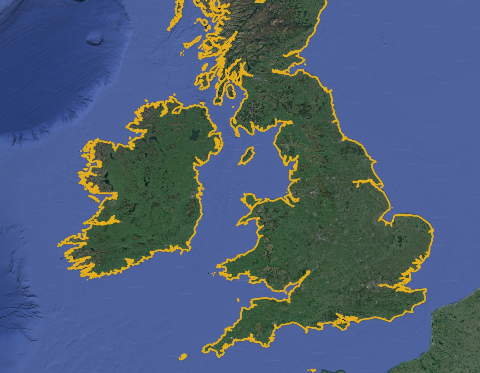
National
We envision creating a blueprint for similar projects across the country. Coastal towns and cities have the potential to contribute to positive environmental change. By exploring the restoration of kelp, seagrass, oysters, and other marine habitats, and developing streamlined regulatory processes and tested growth methods, we aim to demonstrate what responsible restoration could achieve. Over time, this approach may help the UK showcase leadership in coastal ecosystem projects, highlighting how communities can support the natural environment.
Sustainable Development Goals
The Hastings Kelp Project contributes to the UN Sustainable Development Goals by exploring ways to restore marine biodiversity (SDG 14), enhance carbon sequestration (SDG 13), and support sustainable fisheries (SDG 12). It also seeks to foster local economies (SDG 8), promote scientific research (SDG 9), and engage communities (SDG 17) in protecting coastal ecosystems and exploring climate solutions.
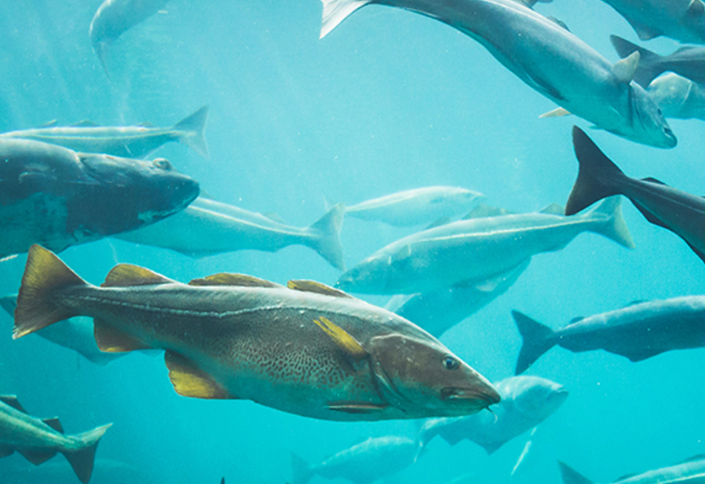
Ethical
It’s hypocritical to support fishing and claim to care about marine conservation. You can’t kill animals in the name of protecting them — there is no such thing as sustainable slaughter. Globally, an estimated 185.4 million tonnes of fish and shellfish are caught and killed each year, equating to almost 2.7 trillion individual aquatic animals. This immense scale of destruction shows the pressure fishing puts on marine life. Going vegan helps reduce demand for seafood, supports more ethical and sustainable food systems, and truly protects marine biodiversity.
UNA Climate & Oceans
We’re proud to work with UNA Climate & Oceans, whose bold, science-driven advocacy protects marine ecosystems and advances climate solutions. Serving as an ambassador is an honour, reflecting our shared commitment to ocean health, community empowerment, and meaningful environmental action. Their integrity, global perspective, and tireless dedication make them an exceptional partner, inspiring us every day to contribute to a more resilient future.
